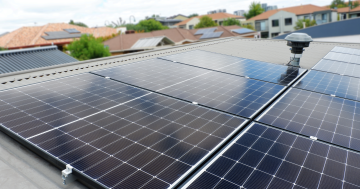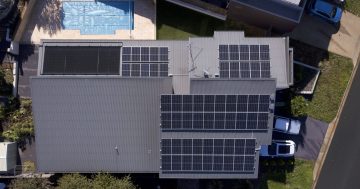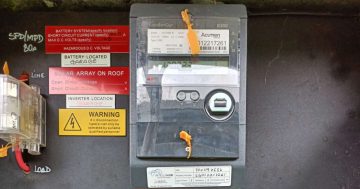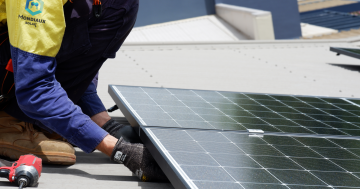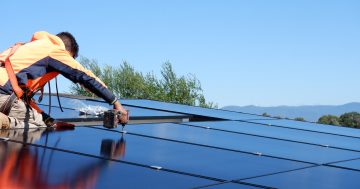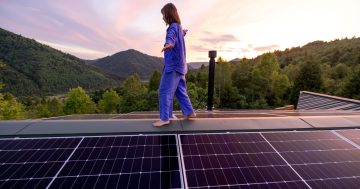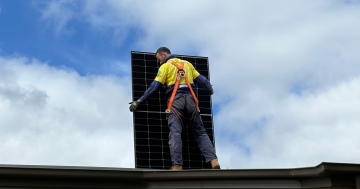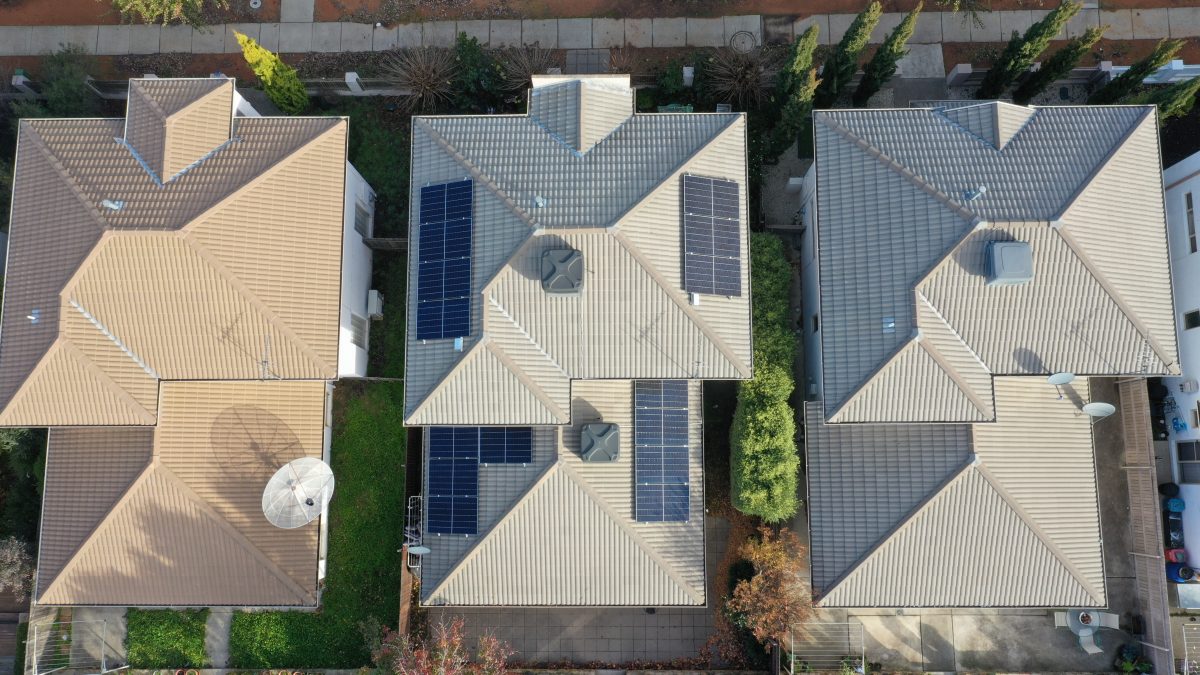
More than 50,000 small-scale solar power systems have been installed in the ACT. Photo: Mondiaux Solar.
Imagine it’s a bright, sunny Canberra day and you check how much your solar panel system might be taking off your next electricity bill, only to discover it isn’t properly supplying energy to the grid.
Mondiaux Solar support engineer Nasif Sharif says there’s usually a simple and common reason behind this happening (which actually has nothing to do with the solar system itself).
“It happens more often in summer because summer is when the solar systems produce their peak power and especially during daytime around noon,” he explains.
“This is happening for all the solar systems in the neighbourhood and during the daytime if the power is not consumed at home, it’s fed back to the grid.
“But the grid cannot sustain its safe operating condition when so much power is being fed to it.”
This is known as grid overvoltage and when it happens, the part of the solar panel system (the inverter) that converts solar power into grid power either reduces its function or, in more extreme cases, temporarily shuts down. This process means the inverter is working correctly and when the voltage returns to the normal range of 216 to 253 volts, it will begin working normally again.



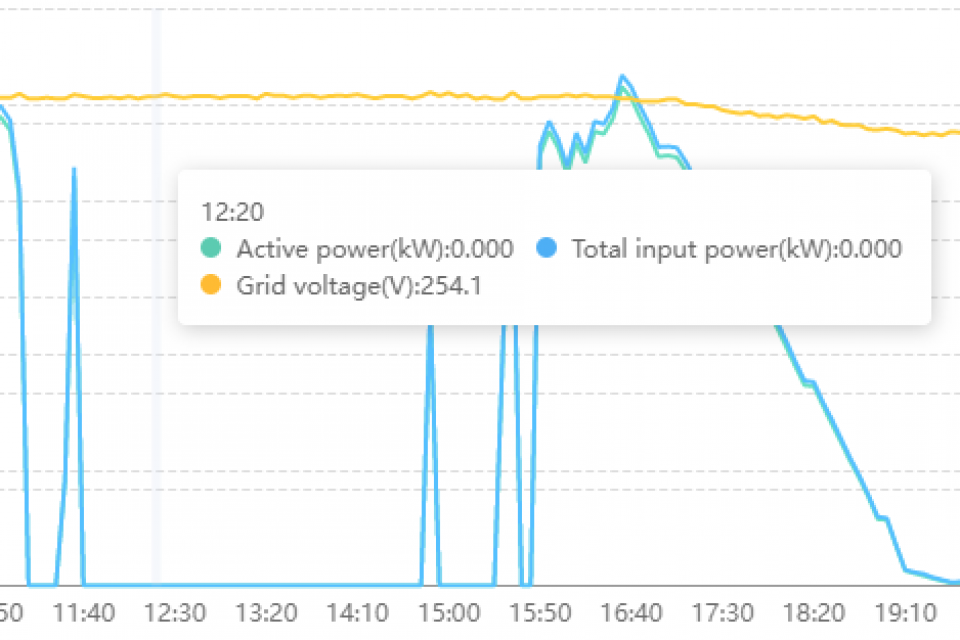

Nasif says residents can easily identify the telltale sign of grid overvoltage by checking their app or inverter’s display.
“The regular solar curve is like a bell-shaped curve which peaks at noon and then slowly the solar production goes down, which is the normal shape,” he says.
“If they see a lot of peaks and troughs and fluctuations happening in a frequent pattern throughout the day or over a week, that means that something is causing that.
“That’s something that customers should look out for and they can report that to us and we’ll investigate what the reason behind it is and in most cases, it’s grid overvoltage.”
Although the inverter shutting down prevents equipment damage and power outages, it can still result in wasted energy and power bills potentially increasing.
Nasif says during last summer, between 10 and 15 cases of grid overvoltage were reported by Mondiaux’s clients alone every month.
“It’s becoming more and more common these days because of the uptake of solar systems becoming more and more common,” he says.
According to the Clean Energy Regulator, more than 2500 small-scale solar power systems have been installed so far in 2023 within the ACT alone.
This brings the total number of these types of solar systems installed in the ACT to more than 50,000 and close to 3.5 million Australia-wide.
Government schemes offering interest-free loans to install rooftop solar panels and rebates for concession cardholders aim to increase this number even more.
As more Canberrans adopt rooftop solar, ACT grid operator Evoenergy is responsible for managing new and existing sources of electricity to prevent grid overvoltage.
Nasif says once Mondiaux determines it’s a grid-side issue, the firm can provide data and graphs for the client to request a solar connection investigation.
“It’s something that we can help the customer to report and to resolve but all we can do is provide guidance and evidence,” he says.
“Evoenergy will do their own investigation and then we all have to wait on Evoenergy to do their bit to get the issue sorted.”
According to Evoenergy, these investigations typically take around three to four weeks, but there are things that solar users can do to limit the effects of grid overvoltage.
This could include installing a battery to store solar energy for household use in the evening. More inexpensively, people can simply take advantage of clear, sunny days, when everyone’s panels are producing peak electricity, and run appliances such as the washing machine or dishwasher during the day, avoiding paying for off-grid electricity in the early morning or evenings.












